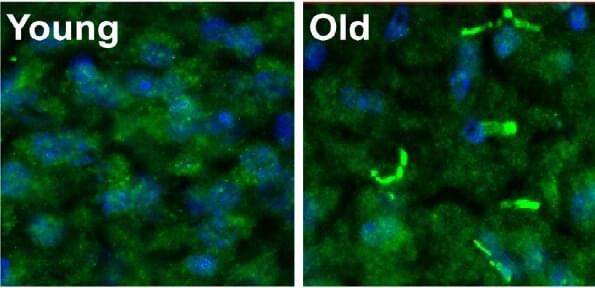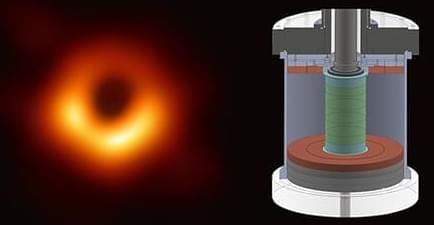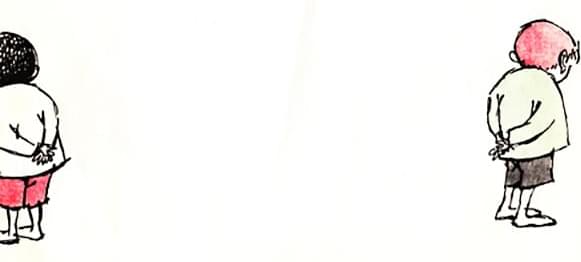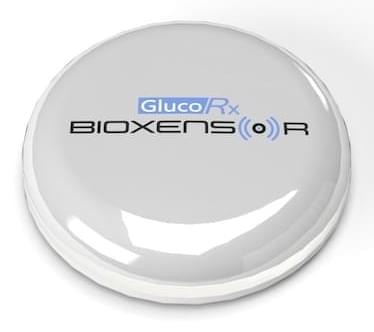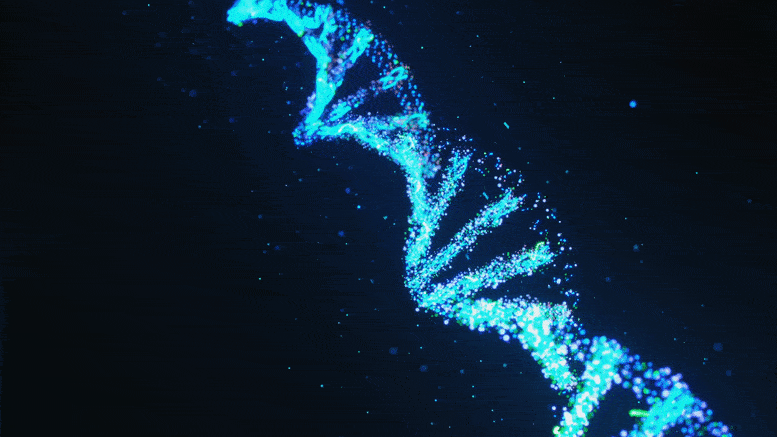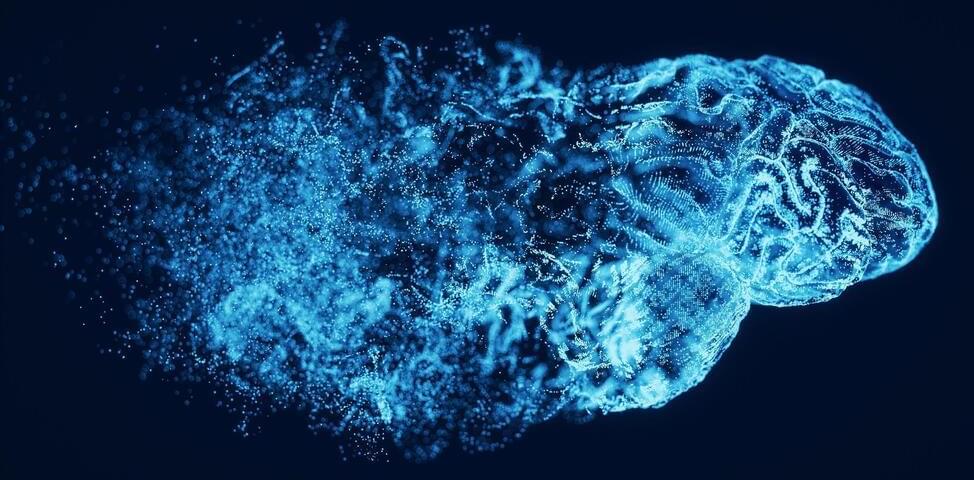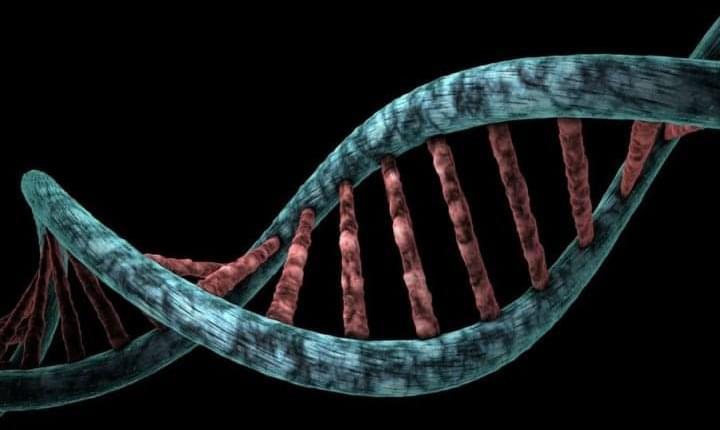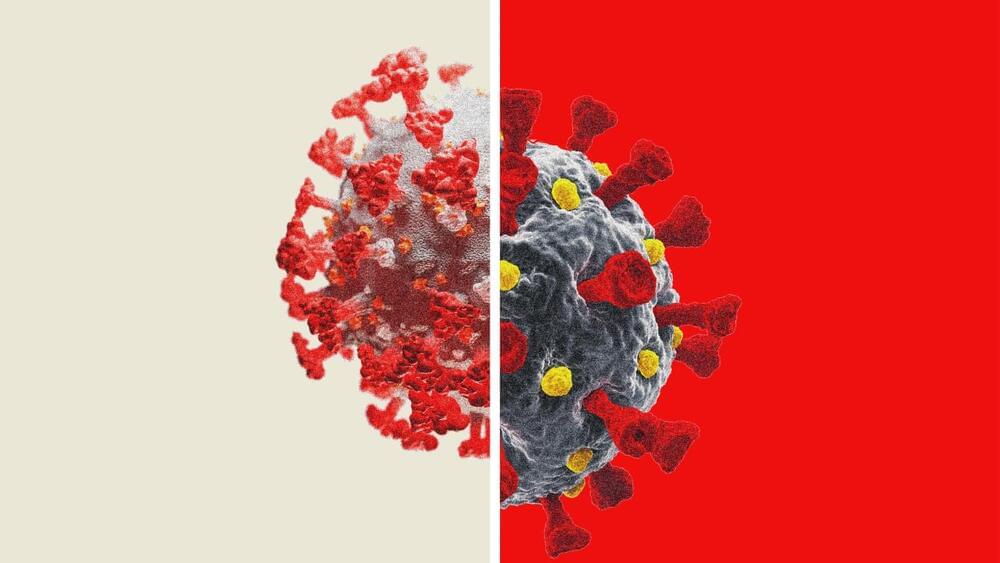One of the most upsetting aspects of age-related memory decline is not being able to remember the face that accompanies the name of a person you just talked with hours earlier. While researchers don’t understand why this dysfunction occurs, a new study conducted at University of Maryland School of Medicine (UMSOM) has provided some important new clues. The study was published on September 8 in Aging Cell.
Using aging mice, researchers have identified a new mechanism in neurons that causes memories associated with these social interactions to decline with age. In addition, they were able to reverse this memory loss in the lab.
The researchers report that their findings identified a specific target in the brain that may one day be used to develop therapies that could prevent or reverse memory loss due to typical aging. Aging memory problems are distinct from those caused by diseases like Alzheimer’s or dementia. At this time, there are no medications that can prevent or reverse cognitive decline due to typical aging.
